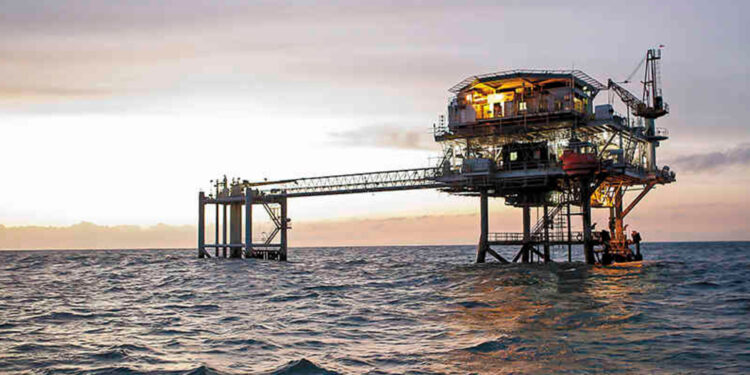The International Court of Justice (ICJ) has confirmed that it will hold public hearings on January 11 and 12, in proceedings instituted by South Africa against Israel.
On December 29, 2023, South Africa initiated proceedings in the International Court of Justice (ICJ) against the State of Israel alleging breaches of the 1948 Convention on the Prevention and Punishment of the Crime of Genocide (the “Genocide Convention”), which entered into force in 1951.
The application, brought under Article IX of the Genocide Convention, states that Israel “intend[s] to bring about the destruction of a substantial part of the Palestinian national, racial and ethnical group, that being the part of the Palestinian group in the Gaza Strip.”
South Africa alleges that the state of Israel has failed to prevent genocide, failed to prosecute public incitement to genocide, and has directly engaged in genocidal acts in Gaza.
The application asks the International Court of Justice to call on Israel to stop its military campaign in Gaza.
South Africa became the first country to file a suit against Israel at the International Court of Justice (ICJ).
The move is the latest in a long list of actions that Pretoria has taken since the start of the war on Gaza, including loudly and persistently condemning Israel’s attacks on Gaza and the West Bank, recalling the South African Ambassador from Israel, referring the suffering of Palestinians to the International Criminal Court (ICC) and calling for an extraordinary meeting of BRICS countries to deliberate the conflict.
The ICC takes on cases of alleged crimes committed by individuals, not states.
The hearings to be held at the ICJ’s court in the Peace Palace in The Hague will be dedicated to South Africa’s request for “provisional measures”, the ICJ said in a press release.
South Africa requested the “provisional measures” in order to “protect against further, severe and irreparable harm to the rights of
the Palestinian people under the Genocide Convention”, “ensure Israel’s compliance with its obligations under the Genocide Convention not to engage in genocide, and to prevent and to punish genocide.”
South Africa will make its oral argument on Thursday, January 11 from 10am to 12 noon (09:00-11:00 GMT).
Israel, which has promised to fight South Africa’s accusation, will then make its oral argument on Friday, January 12 from 10am to 12 noon (09:00-11:00 GMT).
Clayson Monyela, spokesperson for South Africa’s Department of International Relations and Cooperation, posted on X, “Our lawyers are currently preparing” for the hearing.
However, proceedings can take time – years, even.
Ruling In South Africa’s Favour To Heap Pressure On Israel
Israel and South Africa are both parties to the ICJ, meaning its rulings are binding on both of them.
However, while the ICJ has more weight than the UN Security Council where Israel is shielded by the US, the court lacks enforcement power.
In fact, the ICJ’s orders have been ignored in some cases with no serious consequences.
While any rulings by the ICJ may have little bearing on the war itself, a ruling in favour of South Africa and the Palestinians would pile significant pressure on Israel’s strongest ally; the U.S.
Making reference to the stark difference between the US’s stance on the Russia-Ukraine war and its position on the Gaza war, Sarang Shidore, Director of the Washington-based Quincy Institute, a think tank, said, “The Biden Administration is increasingly vulnerable to domestic opponents of the war and international charges of double standards.”
Shidore said that a ruling against Israel though, could have “implications for the standing of the United States.”
“My sense is that the Biden Administration and some key European allies will strongly back Israel at the ICJ,” Shidore opined.
“But we shall see how this support is precisely worded,” he added.
READ ALSO: GBA President Urges Unity Ahead Of Elections, IEA Director Calls For Accountability




















